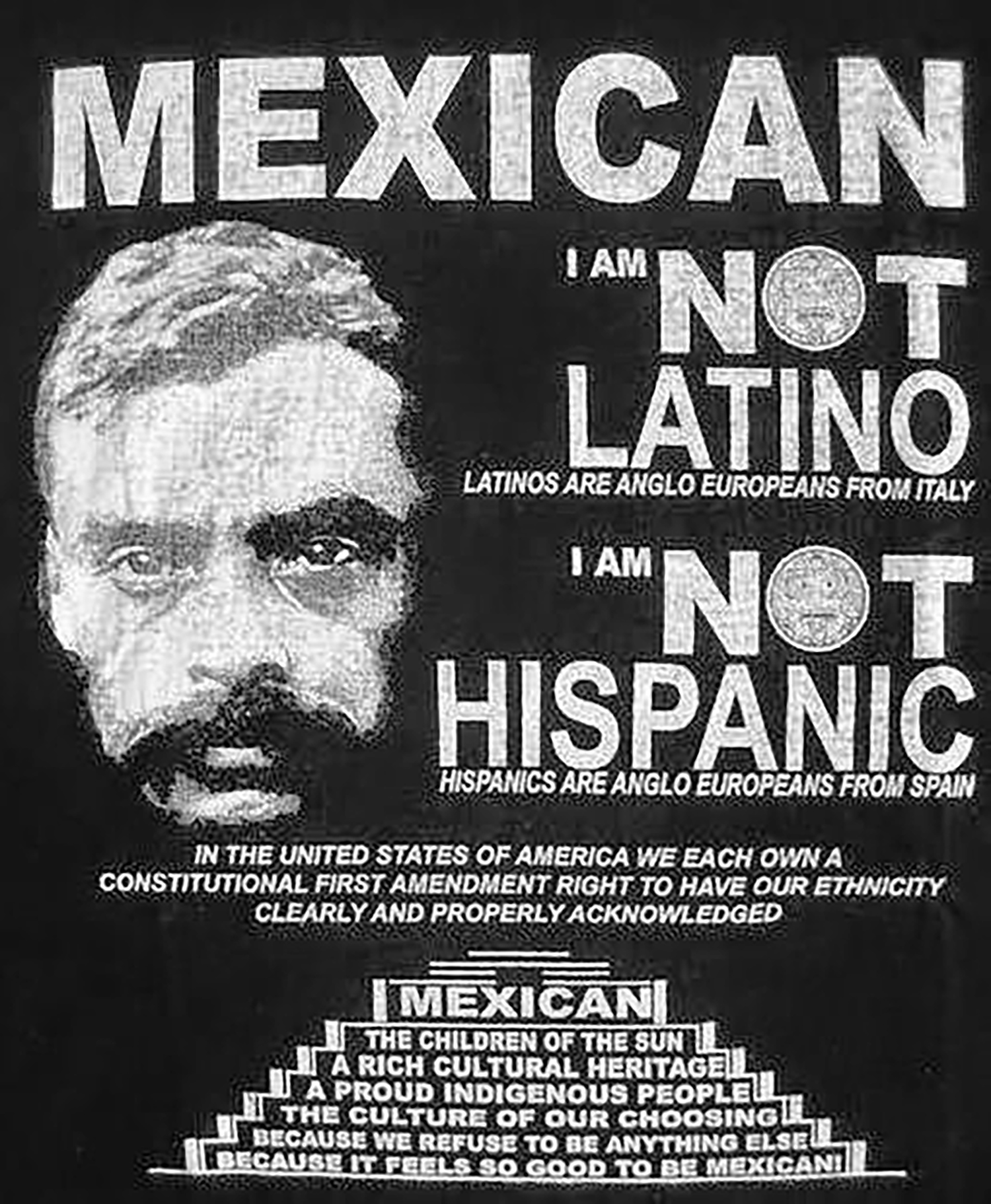An ongoing debate as to whether the term “Hispanic” is offensive was sparked in the early 1970’s and continues to this day.
The term was coined under the Nixon administration to describe people of Spanish- speaking origin. There are 50.5 million people living in the United States. who identify as Hispanic or Latino, out of which three-quarters reported as Mexican, Puerto Rican, or Cuban origin, according to the 2010 census.
People of Hispanic or Latino origin make up three percent of Dayton’s total population. Out of Ohio’s nearly 12 million citizens 354,674 or roughly 3.1 percent identified as Hispanic or Latino in the same census.
“Hispanic” has been used in the U.S. census since 1980.
In 1997 the U.S. Government decided to also use the term “Latino” in the 2000 census after growing support for the term.
“They were taking different cultures and trying to mesh them into one,” said Professor Richard Morales of the communication department while discussing the implementation of the term in the census.
The Census Bureau collects data on Hispanic origin and race to fulfill a variety of legislative and program requirements. Data on Hispanic origin and race are used in the legislative redistricting process, according to the United States Census Bureau.
As some use the words “Hispanic” and “Latino” interchangeably, they actually have different meanings.
“Hispanic” refers to Spanish-speaking people, and its emphasis is on language. “Latino” refers to those people who are of Latin American origin.
The 2010 census defined “Hispanic” or “Latino” origin as
a person of Cuban, Mexican, Puerto Rican, South or Central American, or other Spanish culture or origin regardless of race.
There are Americans who find the term, “Hispanic”, to be offensive.
“My problem with the term ‘Hispanic’ is that it’s pushed on me. There is no reason for me to be called that,” said Morales. “There
is no identity to the term ‘Hispanic’ because it doesn’t apply to a country so to speak. It applies to a characteristic of a lot of people, who are in essence, scattered all over the western hemisphere.”
The debate rises from differences in cultural identity, heritage, language and national origin. “Hispanic” can refer to people
of different racial backgrounds. Many who identify as “Hispanic” have features ranging from light skin and eyes to physical features of African descent.
“To me it’s the government saying we want to classify all these people and tell them that they are all the same. We’re not all the same,” said Morales.
Morales who was born in Houston, Texas, and raised in a Mexican- American community, discussed the cultural differences found in the food, music and many other aspects in the different Spanish- speaking cultures.
“It’s like they are taking away my identity,” said Morales.
In some cases there are differences in the way the younger generations see the debate, compared to the older generations.
Juan Erazo, 18, chemistry major, says he doesn’t see anything wrong with the term. Erazo self identifies as Hispanic or Latino.
“I don’t really find ‘Hispanic’ offensive,” said Erazo. “Most of those countries, they all have influences from Spain since they [Spain] came in to all those countires and mixed with the populations.”
Morales expressed his thoughts on the different generations’ views of the debate.
“I think they [younger generations] might be more accepting because it was pushed on them,” said Morales.
Professor Timothy Russell, who teaches Spanish, has travelled to many Spanish-speaking countries while in the military. His wife is of Mexican descent.
“My wife considers herself to be Mexican, a combination of both ‘Hispanic’ and ‘Latina’, whereas my daughters prefer just ‘Latina’. My wife considers ‘Hispanic’ and ‘Latina’ one in the same because ‘Hispanic’ would infer blood from Spain. However, my daughter, like so many others whom consider themselves ‘Latina’, only would because they rather not acknowledge and Spanish heritage,” said Russell.
“Both my wife and daughters are educated and do
not feel in any way the term ‘Hispanic’ to be offensive, but on occasion can feel it to be a label.”
Morales who also has a military background, spent 21 years in the Marine Corps, and saw much of the world before settling here in Ohio. He spoke of the census and how it can be confusing for some when declaring their ethnic and racial backgrounds.
“Everybody is trying to figure out where they fit in. I have children of a Caucasian wife and they’re not sure what to put on there [census],” said Morales.
Erazo, growing up in a military family, has lived in many areas of the U.S., including El Paso, Texas. He said he has never heard of anyone becoming offended by being called “Hispanic”, including himself.
“I don’t have a problem with it. We all find roots in Spanish,” said Erazo.
Morales expressed that he would rather not be referred to as “Hispanic”, and would prefer “Latino” over “Hispanic”, but would rather not have a label placed on him at all.
“You know what I’d really like to be identified as? Kind of like you, an American,” said Morales.
“I earned my right to be called an American.”


